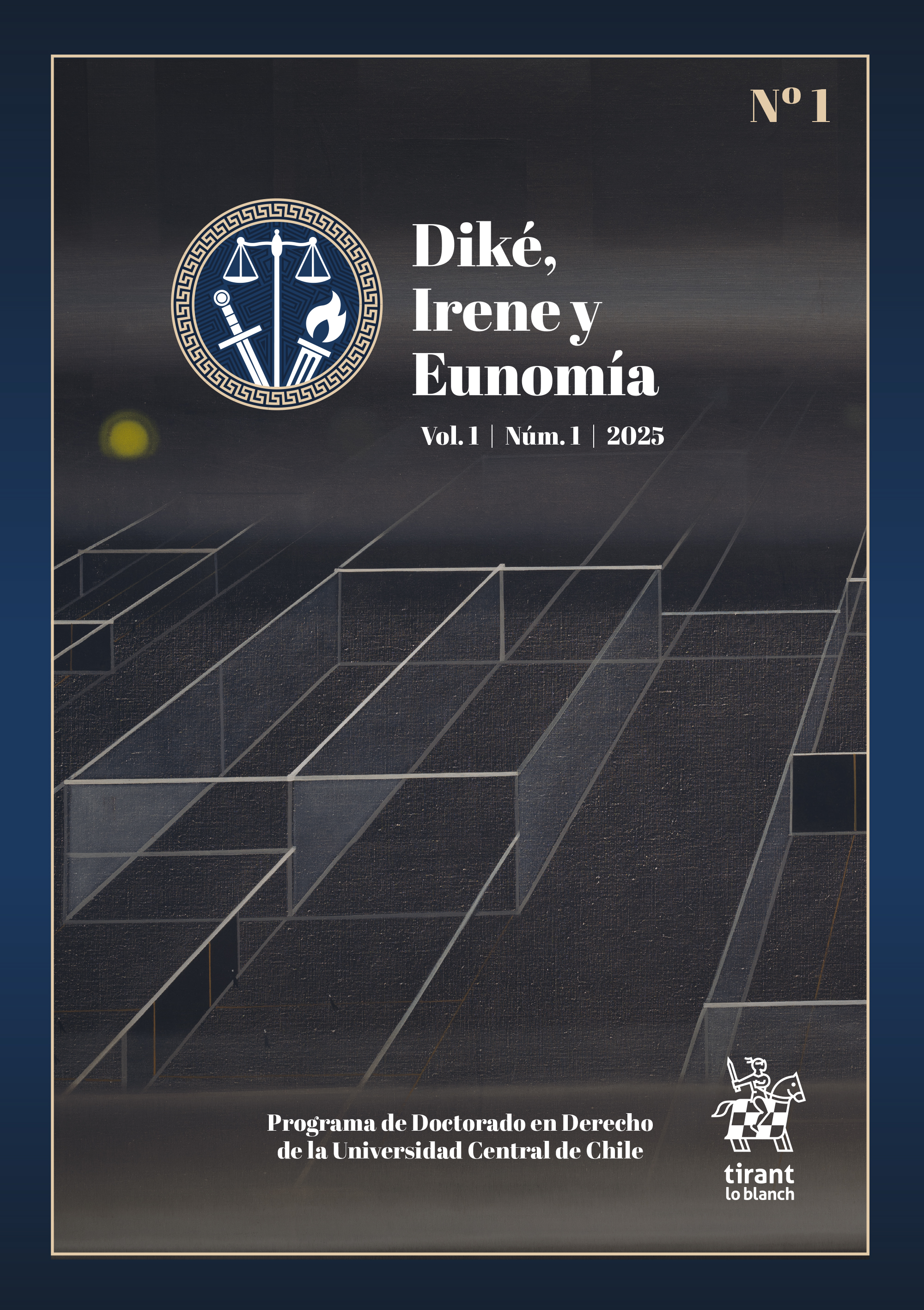The challenges of Criminology beyond criminal law
DOI:
https://doi.org/10.36151/RDIE.2025.1.1.07Keywords:
harmfulness, antisocial agent, antisocial act, critical criminology, structural causes, zemiologyAbstract
This paper argues that criminology is a discipline independent of law in general and criminal law in particular. To this end, it briefly reviews the history and epistemology of both disciplines. It then draws on Critical Criminology and the Frankfurt School, highlighting its theoretical and conceptual foundations, such as harm or antisocial acts instead of crimes, and agents or criminals replacing offenders. It focuses on the structural causes of harm, evident in the endogenous or exogenous predisposing factors—whether psychological, biological, genetic, or social, political, or economic—that lead to the harm suffered by an individual or group. At the same time, a series of proposals are made for the intervention of criminologists in different areas of opportunity, from which it is concluded that their role is not limited to contributing to the expert evidence stage of a judicial process and that, on the contrary, it allows them to collaborate professionally to prevent harmful acts by drawing on other sciences such as Psychology, Anthropology, Political Science, Economics, History, that is, resorting to inter, multi and transdisciplinarity, breaking with legicentrism.



